Following our webinar on in-orbit servicing/debris removal, here’s what happens next: participants interested in playing a role in the Service Offer Request (SOR) have one month to discuss their potential involvement with the six companies selected.
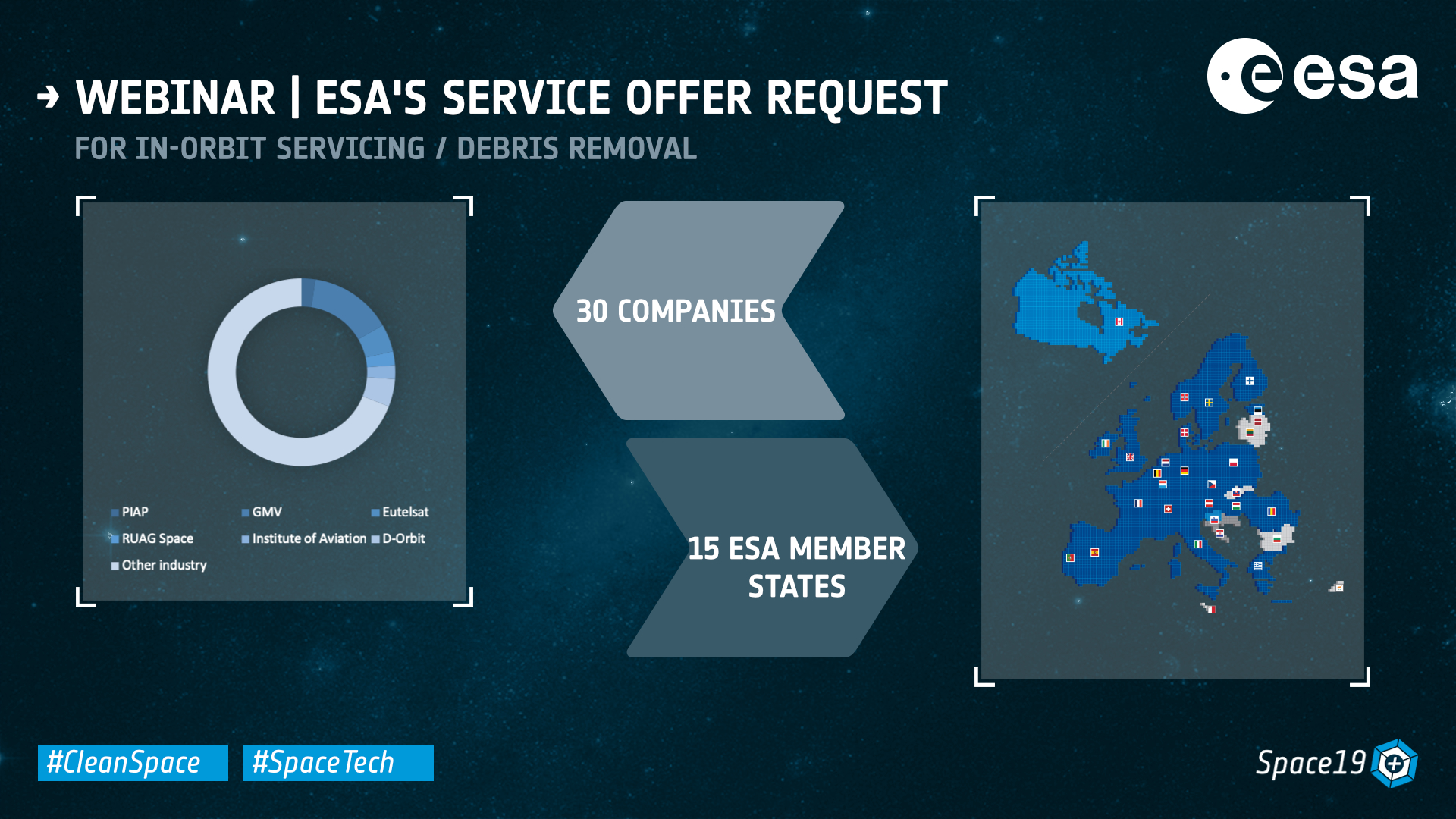
Webinar | service Offer Request
On 1 March more than 50 people representing over 30 companies and 15 countries followed the webinar organised by ESA to explain the SOR.
Luisa Innocenti, head of ESA’s Clean Space office, explained ESA’s new approach to the preparation of a programme and the creation of a service industry, representing ESA’s Director General’s answer to the request of ESA Member States. The aim is to foster this new service industry in an agile, innovative way.
The basic idea behind this strategy is that targeting a clean-up of highly-trafficked orbits will open business opportunities as well. Space debris is an environmental problem that it will take a wide range of high-performance technologies and capabilities to address. High on this list is close proximity operations, also a requirement for services such as space tugs, satellite refuelling or refurbishment – including the management of megaconstellations.
As a next step, ESA has provided the contact details of the six selected companies to the participants of the webinar. Thus they will be able to get in touch and further discuss their potential involvement.
ESA encourages industry to inform their Member States and respective delegations of their interest in participating. At Space19+ which will take place in November of this year in Sevilla, Member States will have the opportunity of enabling this new way forward by supporting the new Space Safety Programme.
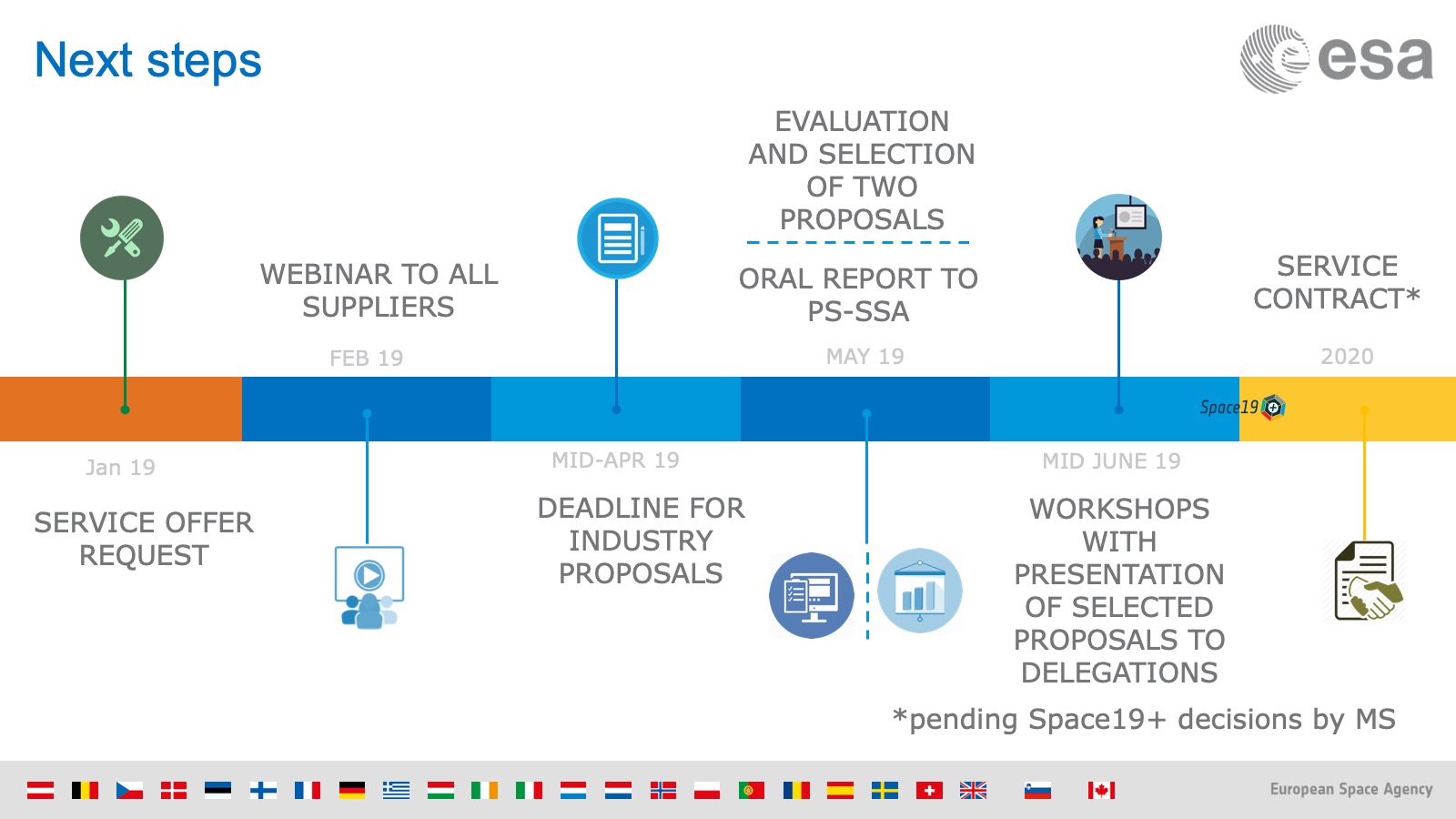
Timeline: From Service Offer Request to the Service Contract
Inherent to this new approach is that ESA is much more hands-off that it used to be. Indeed, in this case, the Agency is buying a service. The lead industry will build its own consortium without ESA’s intervention.
Some industry such as Avio strongly support the approach taken by ESA. During the webinar, Angelo Fontana explained his company’s interest in participating in the initiative: “It gives opportunities to broaden the range of services that we provide today. That’s why we replied to the offer from ESA”.
Some of the companies were reluctant in sharing their strategy because of the presence of their competitors, but they were all interested in receiving questions from other industry, and more important, in receiving proof of interest in participating to the consortia. Luc Piguet from the young company ClearSpace affirms “We decided to set up a consortium to reply to the SOR. We are open to speaking with other companies that have interest in joining the SOR. “
At the end, Andrew Wolahan of ESA’s Clean Space team concluded: “We achieved what we were supposed to do during the webinar, which was to inform the companies about the SOR and put them in contact with the six companies selected. “
Clean Space received a high number of requests to participate to the webinar. It is therefore planned for ESA to continue to take up its role as broker and mediator and to organise such events in the future – and thus to improve the connections between, in this case, industry.
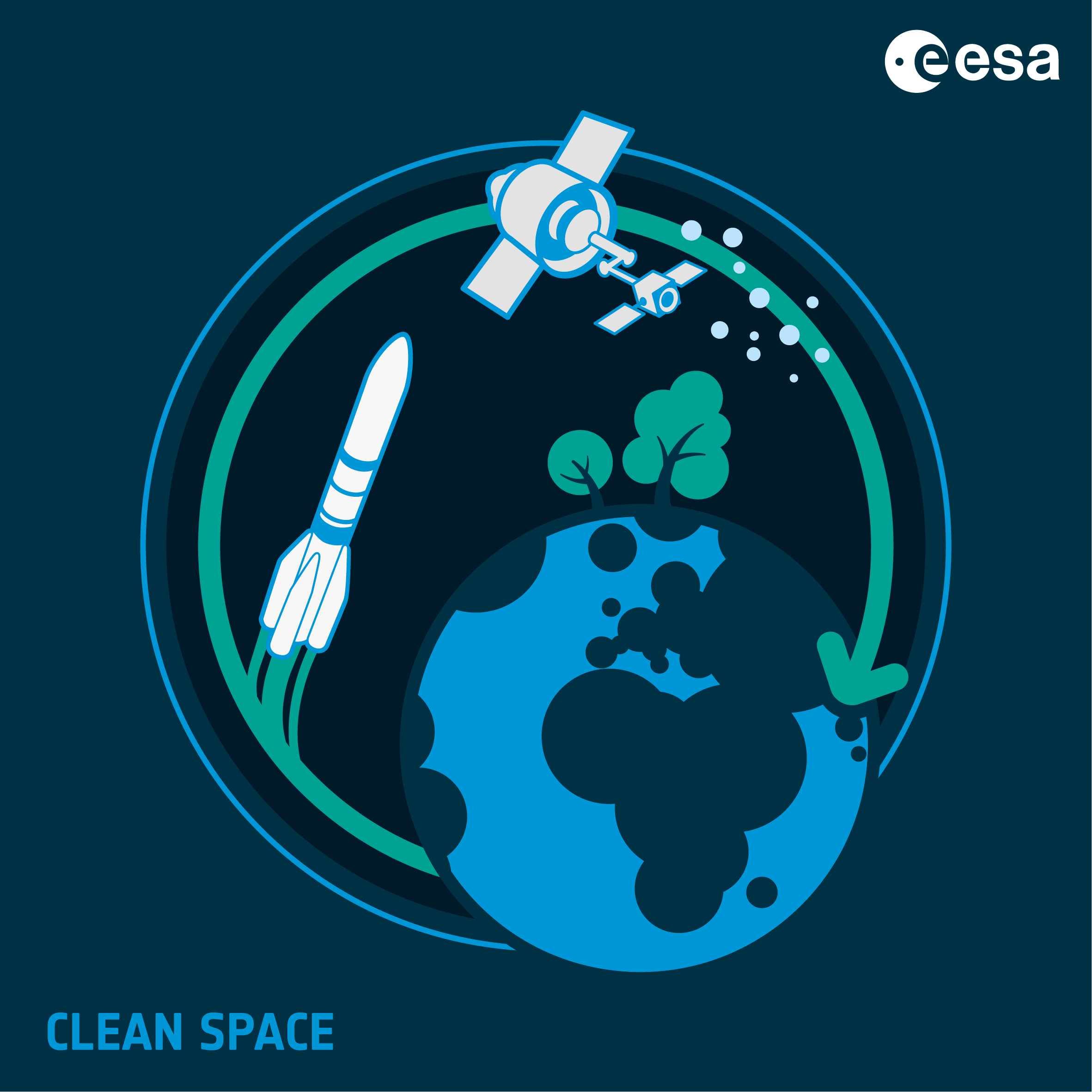

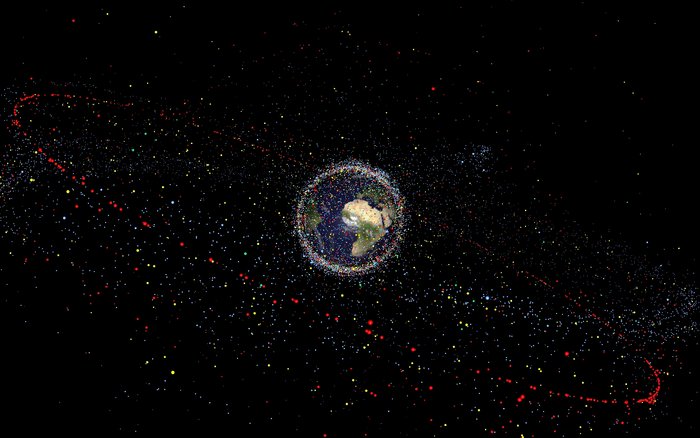
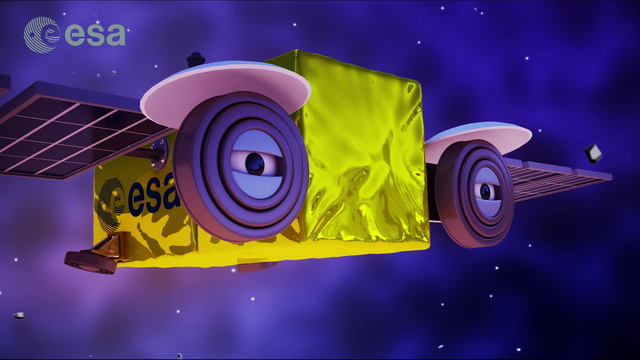
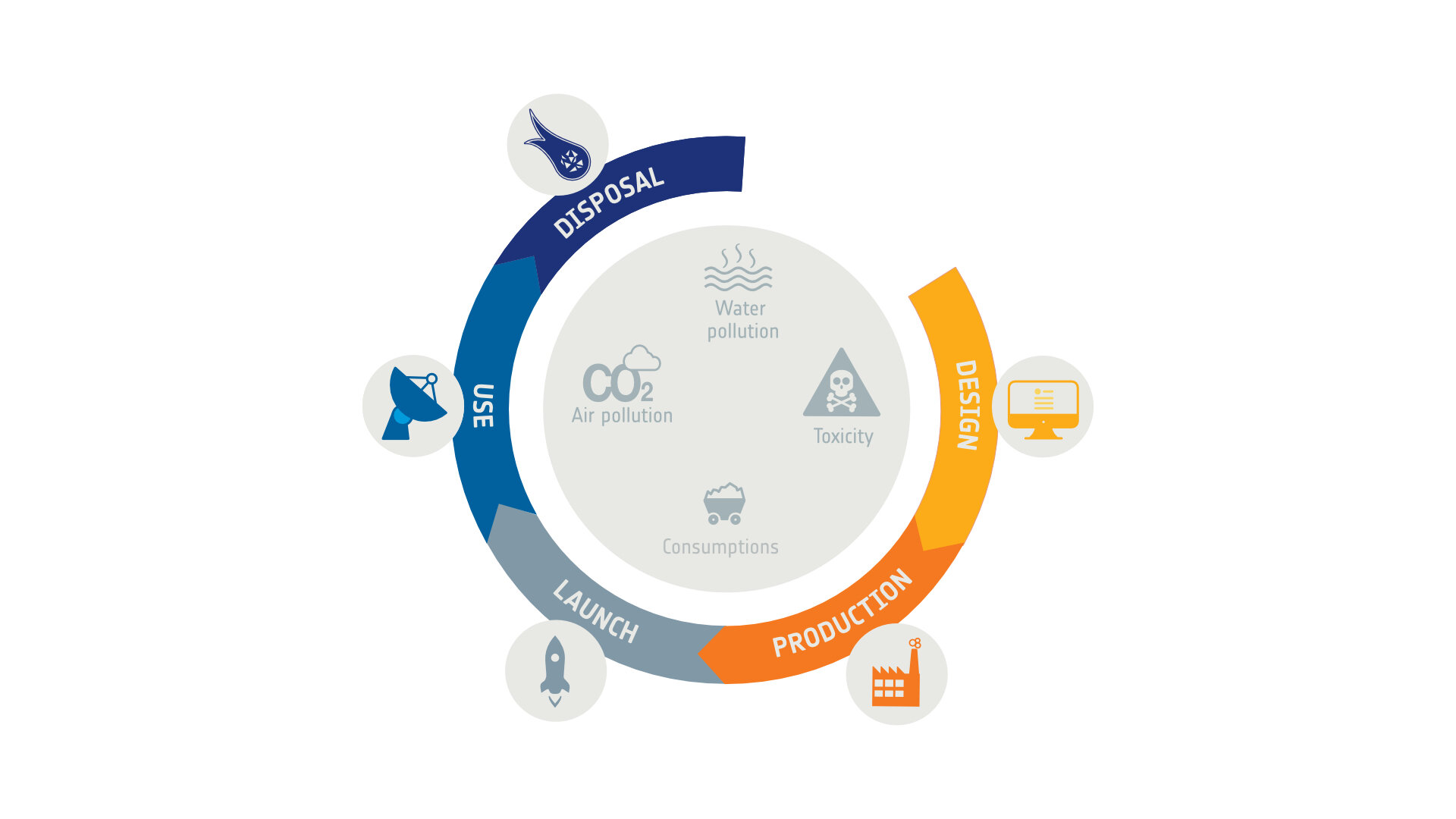
Discussion: no comments